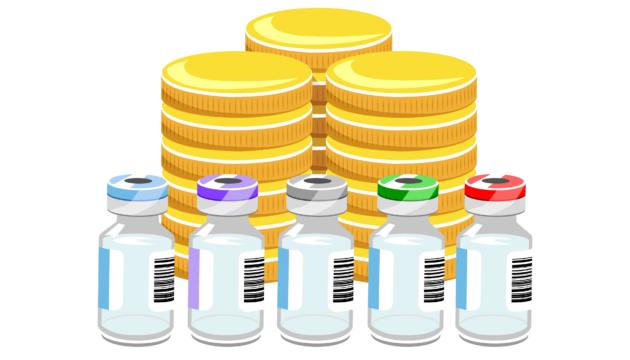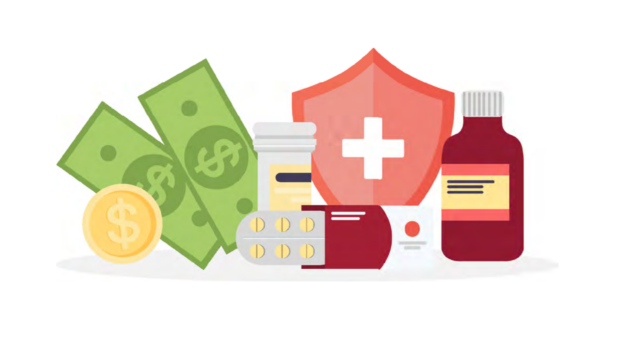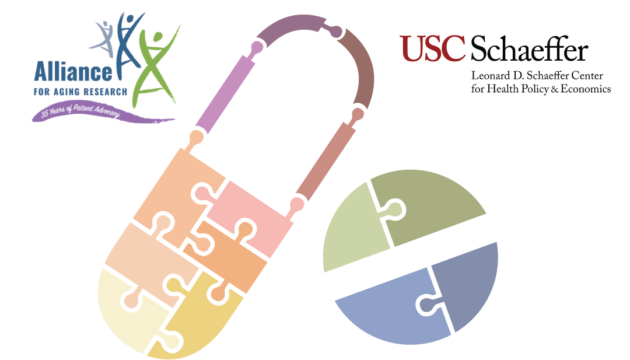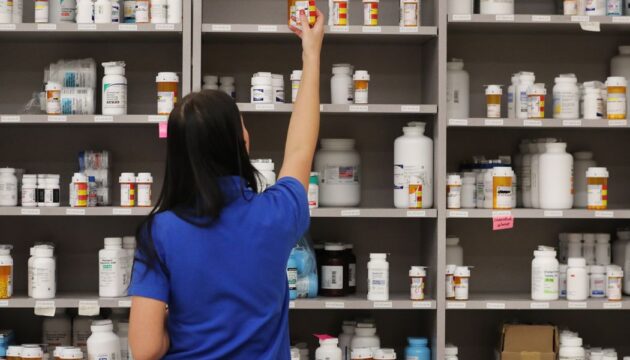Drug Pricing
Our work in Drug Pricing
-
Estimation of the Share of Net Expenditures on Insulin Captured by US Manufacturers, Wholesalers, Pharmacy Benefit Managers, Pharmacies, and Health Plans From 2014 to 2018
Recent US media and policy attention on insulin affordability has focused on the role of manufacturers in setting prices; however, the role of other drug distribution intermediaries in determining prices has received less attention.
Categorized in -
More than Half of Insulin Expenditures Going to Middlemen, New USC Schaeffer Study Finds
Schaeffer research offers one of the most comprehensive looks at the insulin distribution chain and shows which players are profiting, and by how much, from selling insulin.
Categorized in -
Untangling the Price of Insulin
Despite its discovery nearly 100 years ago, insulin’s list price has been going up, not down. Schaeffer Center researchers analyzes the flow of money across all distribution system participants—manufacturers, wholesalers, pharmacies, pharmacy benefit managers (PBMs), and health plans.
-
The 340B Drug Pricing Program: Background, Ongoing Challenges and Recent Developments
The 340B Drug Pricing Program allows eligible healthcare clinics and hospitals (“covered entities”) to purchase outpatient drugs at a 20-50% discount.
Categorized in -
Federal 340B Drug Pricing Policies Need Reform to Realize Potential
USC Schaeffer study finds Federal 340B Drug Pricing Program oversight needs tightening to ensure discounts reach the right safety-net providers and patients
Categorized in -
Paying for Cancer Drugs That Prove Their Benefit
The United States pays prices for brand-name drugs that are estimated to be 256% higher than other wealthy nations. As the accelerated approval of aducanumab for Alzheimer disease shows, high prices (announced price for aducanumab is $56 000 per year) extend to drugs that are promising but have not been shown by randomized clinical trials to provide long-term clinical benefits.
Categorized in -
Getting It Right: Drug Pricing Reform That Works for Patients and the Medicare Program
As Congress narrows in on prescription drug pricing reform, what policy changes should be prioritized? Join Schaeffer Center and the Alliance for Aging Research to hear from a policymaker at the center of the debate in Congress, an expert in healthcare policy research, and a leading advocate for older adults.
-
Biosimilars Competition Helps Patients More Than Generic Competition
Well-intended proposals to have the government intervene and “incentivize” biosimilar uptake may result in less price competition, not more.
Categorized in -
Federal Government Should Advise on Drug Negotiations, Not Run Them
Schaeffer Center experts Karen Mulligan and Darius Lakdawalla argue that the Department of Health and Human Services should help advice drug price negotiations instead of running them.
Categorized in -
Money for the Infrastructure Bill is Coming at the Expense of Medicare Part D
The $1 trillion infrastructure bill will leave a lot of chronically ill people by the side of the road.
Categorized in








